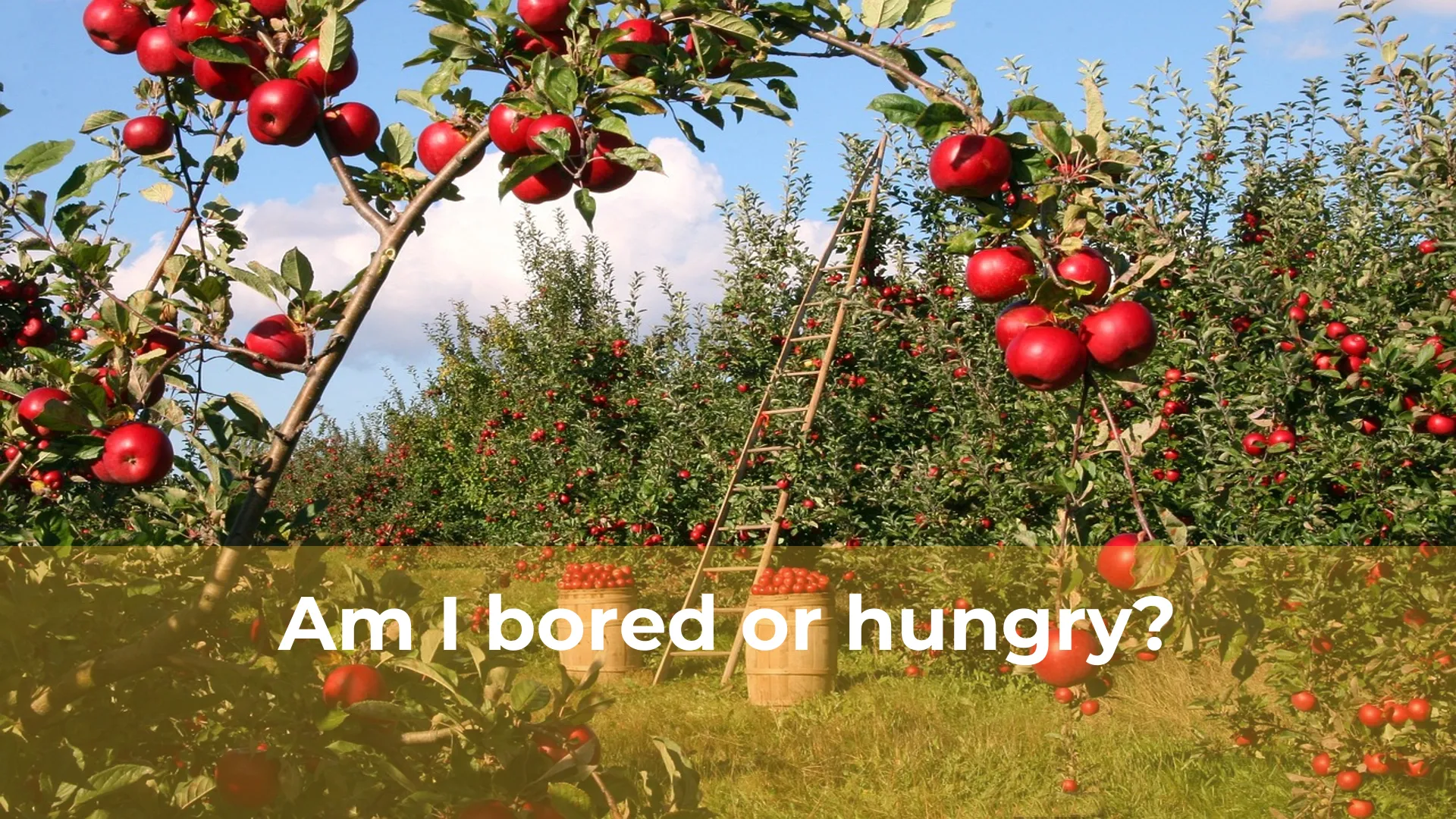Am I bored or hungry?
Am I bored or hungry?
Have you ever found yourself mindlessly snacking while sitting in front of the TV or scrolling through social media? You’re not alone. Many of us confuse boredom with hunger, leading to unnecessary overeating and weight gain. The truth is, our bodies have a way of sending mixed signals, making it difficult to differentiate between genuine hunger and sheer boredom. Understanding the difference between the two can help us make healthier choices and maintain a balanced lifestyle. So, the next time you reach for that bag of chips or crave a snack, ask yourself: am I really hungry, or am I just bored?
The Science Behind Boredom and Hunger
Have you ever wondered why you feel hungry when you’re bored? Or why boredom strikes when you’re hungry? It turns out that there is a fascinating scientific link between these two seemingly unrelated sensations. Research has shown that boredom and hunger are connected through a complex interplay of hormones and brain activity. Understanding the science behind boredom and hunger can help shed light on our eating habits and offer insights into how we can better manage both.
When we experience boredom, our brains seek stimulation. This can manifest as a craving for food, as eating activates pleasure centers in the brain and provides a temporary distraction from the dullness we feel. Additionally, the hormone ghrelin, known as the „hunger hormone,” increases when we are bored. Ghrelin not only stimulates our appetite but also affects our mood, making us more likely to seek out sources of pleasure, such as food. This hormonal response can lead to mindless snacking or overeating, as we try to find excitement and satisfaction in our meals.
On the flip side, hunger can also trigger feelings of boredom. When we are hungry, our bodies and brains are in a state of low energy, which can make us feel lethargic and unmotivated. This lack of energy can lead to a lack of interest in activities, making everything seem dull and uninteresting. Furthermore, hunger can impair cognitive function and decrease our ability to focus, making it harder to engage in stimulating tasks and increasing the likelihood of experiencing boredom. Recognizing this connection can help us address both our hunger and boredom in healthier and more productive ways.
How to Tell if You’re Truly Bored or Just Hungry
Are you feeling restless and uninterested, unsure if it’s because you’re genuinely bored or simply because you need a snack? It can be difficult to distinguish between the two, as both can result in similar feelings of restlessness and dissatisfaction. However, there are some telltale signs that can help you determine whether you’re truly bored or just hungry.
One way to differentiate between boredom and hunger is to pay attention to the type of activities or distractions you find appealing. If you’re constantly searching for something to do or feeling indifferent towards your usual hobbies, it may be a sign of boredom. On the other hand, if you find yourself daydreaming about food or constantly thinking about your next meal, it’s likely that your restlessness is actually due to hunger.
Another clue to consider is your physical sensations. Boredom often manifests as a lack of energy or motivation, accompanied by feelings of restlessness or irritability. If you’re feeling tired and lethargic, it could indicate genuine boredom. Conversely, hunger tends to cause physical symptoms such as stomach growling, low energy levels, and difficulty concentrating. Pay attention to these bodily cues to help determine the true source of your discomfort.

